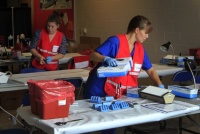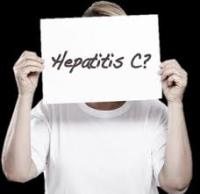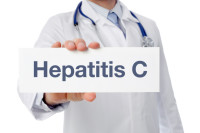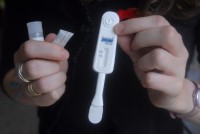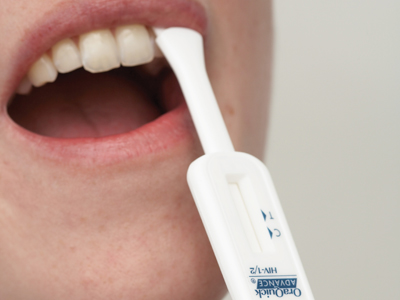HIV Alliance is committed to providing responsive services to our populations. If you are a man who has sex with other men, even if only once, we are happy to offer on-demand testing. If you are unable to visit our office during our normally scheduled testing times, please feel free to contact either the Prevention Manager or the Outreach Coordinator to schedule HIV testing that fits your schedule.
On-Demand Testing

